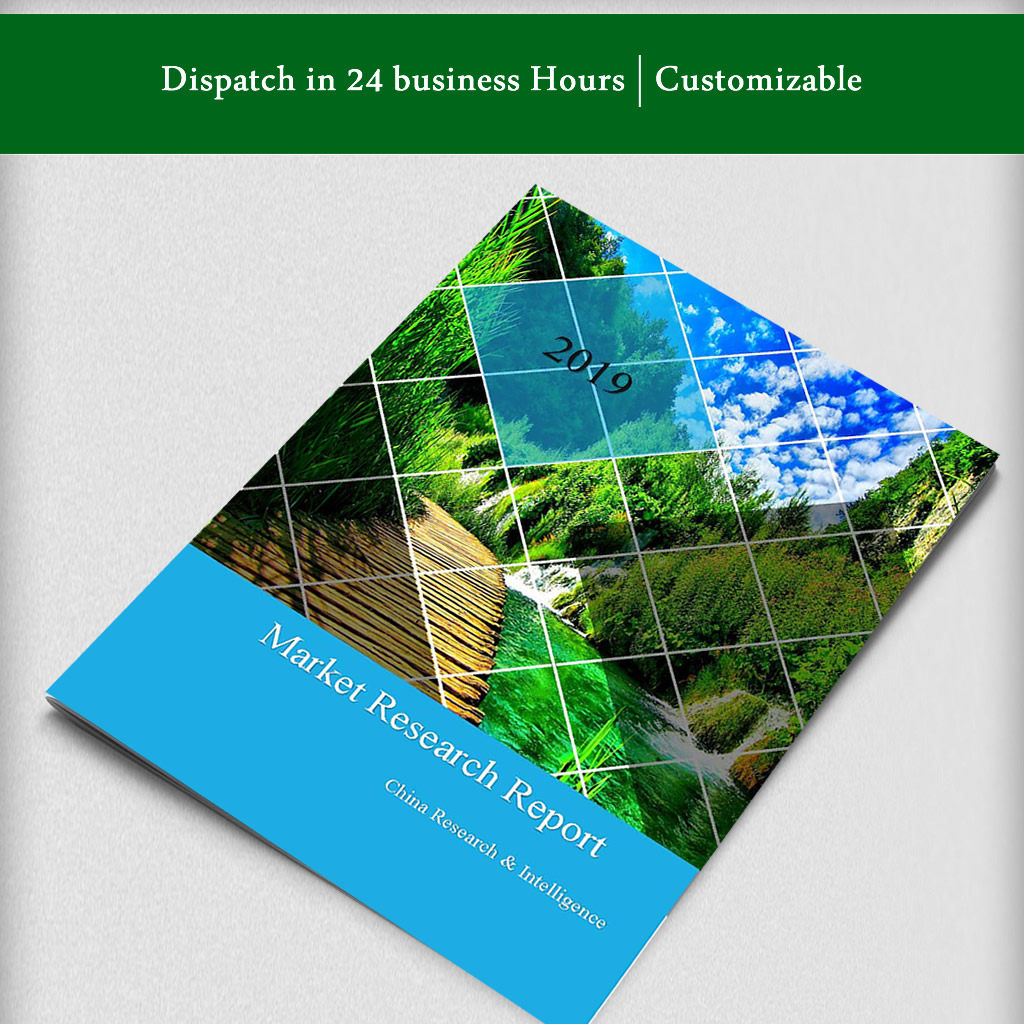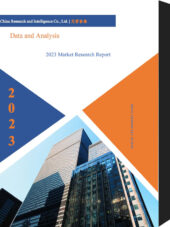Description
Recombinant Human Follitropin Market Overview
According to CRI, as environmental pollution intensifies and Chinese people’s lifestyle changes, the incidence of infertility is increasing in China. In 2017, the incidence of infertility among married couples in China was 10%, more than double the 4.8% in 1984. It is estimated that about 15% to 20% women of childbearing age in China are troubled by infertility.
In China, as the biggest cause of female infertility, follicular dysplasia syndrome resulting from endocrine dysfunction accounts for over 40% of female infertility.
In China’s end markets of ART and sex hormone drugs, macromolecular bioengineered drugs such as Recombinant Human Follitropin, Recombinant Follitropin beta, Recombinant Human Chorionic Gonadotropin, and Recombinant Human Lutropin alfa are taking the place of small-molecule chemicals.
Follicle-stimulating hormone (FSH) is a heterodimeric glycoprotein formed by the non-covalent binding of subunits alpha and beta. FSH, luteinizing hormone (LH), thyroid-stimulating hormone (TSH) and human chorionic gonadotropin (HCG) are collectively known as the glycoprotein hormones family.
They share the same alpha subunit but differ from each other in beta subunit which determines their biological activity. FSH has important medicinal value in reproductive health. It can promote ovulation for natural production or artificial insemination, and can also help produce ova for in vitro fertilization (IVF) and intracytoplasmic sperm injection (ICSI).
According to CRI, the FSH products in China include Urofollitropin (u-FSH) extracted from urine and Recombinant Human Follitropin (rh-FSH). Due to high purity and stability, Recombinant Human Follitropin (rh-FSH) has great advantages on the market.
In China, Recombinant Human Follitropin has been approved (1) to treat anovulation (including polycystic ovary syndrome, PCOS) that cannot be cured by Clomiphene Citrate; and (2) to be used for superovulation and follicular development by assisted reproductive treatment such as in vitro fertilization-embryo transfer (IVF-ET), gamete intrafallopian transfer (GIFT), and intracytoplasmic sperm injection (ICSI).
Merck Serono’s Recombinant Human Follitropin (trade name: GONAL-f) was approved to be marketed in China in 2008, and GeneScience Pharmaceuticals Co., Ltd.’s Jinsaiheng was also approved in 2015.
By the end of 2018, all the Recombinant Human Follitropin products in China were produced by Merck Serono and GeneScience Pharmaceuticals Co., Ltd. The sales value of Recombinant Human Follitropin kept rising after the drug was launched in China, reaching about CNY 548 million in 2017.
It is expected that the incidence of infertility will continue to grow as environmental pollution intensifies and Chinese people’s lifestyle changes. Meanwhile, as the average childbearing age of Chinese women continues to rise and China’s family planning policy is loosened, many older women plan to have a second child, which will drive the demand for Recombinant Human Follitropin in China.
In the coming years, more companies’ generic Recombinant Human Follitropin will be launched in China.
Topics Covered:
– Situation of infertility in China
– Status of China’s Recombinant Human Follitropin market
– Competition on China’s Recombinant Human Follitropin market
– Prices of Recombinant Human Follitropin in China
– Factors influencing the development of China’s Recombinant Human Follitropin market
– Prospect of China’s Recombinant Human Follitropin market from 2018 to 2022
– Progress of Recombinant Human Follitropin in China
Investigation Report on China’s Recombinant Human Thrombopoietin (rhTPO) Market 2021-2025



